Thank you for the work that you are doing for babies and families.
As communities around the world respond to the coronavirus disease (COVID-19) pandemic, we want to be sure to keep information about Kangaroo Care and COVID-19 available to parents and healthcare professionals.
Accurate and timely information is essential. We keep receiving numerous questions regarding kangaroo care so we want to answer but we need your help. Here are some examples:
We received this message from a therapist from the UK:"Our nurses are worried about skin to skin and COVID-19 is there any response from anywhere saying it’s fine? In the nurses' hearts they know it is, but would be good to have something official"And this message from a nurse from Dubai:
"Hi just want to ask this time with Coronavirus can we still continue KMC? Because we don't know if mother exposed to Coronavirus outside"And this from a mom in the USA:
"I want to hold my baby but the nurse is not letting me get him out of the incubator. What can I do? Who says that kangaroo care has to stop altogether? I am going crazy and I want the best for my baby."
ISSUE 1: Message to clinicians:
Could anyone please help us by:
- Sharing with us any "official statement" recommendations, and/or resources from INK, WHO, Kangaroo Foundation, The USIKC, NIDCAP, UNICEF, AAP, NANN, or any organization that supports KMC, or from any of you that are experts on KMC regarding kangaroo care during COVID-19?
- Is there a different message for clinicians for NICU, Birth Kangaroo Care, and home kangaroo care?
- Are there any recommendations for specific screening, change clothes, clean the skin of the parent, wear a mask, etc., prior to KMC?
- What about visitation policies regarding KMC? This is an example of a visitation policy but only mentions breastfeeding moms. What about for KMC or babies that not yet breastfeed?
- The WHO has a statement about breastfeeding. Anyone please share with us their statement about kangaroo care, if there is one?
ISSUE 2: Message to parents:
Please provide your suggestions for revisions, addition, deletions to this statement that we (parents organizing the Kangaroo Care Day) want to share with parents:
"Babies need their parents especially at this stressful time, and the wellbeing of the babies and those caring for them is everyone's utmost priority. Parents that are allowed to enter the NICU after being properly screened for exposure and symptoms of COVID-19, are encouraged to KMC, after all, it reduces mortality and morbidities and is the safest, most relaxing and healing place for the baby and parent. (and we will also include any recommendations from above)"
Please help by commenting/discussing below or send an email to info@kangaroo.care
Time is of the essence. Thank you for your time and expertise.
Thanks!
Kangaroo Care Day Team

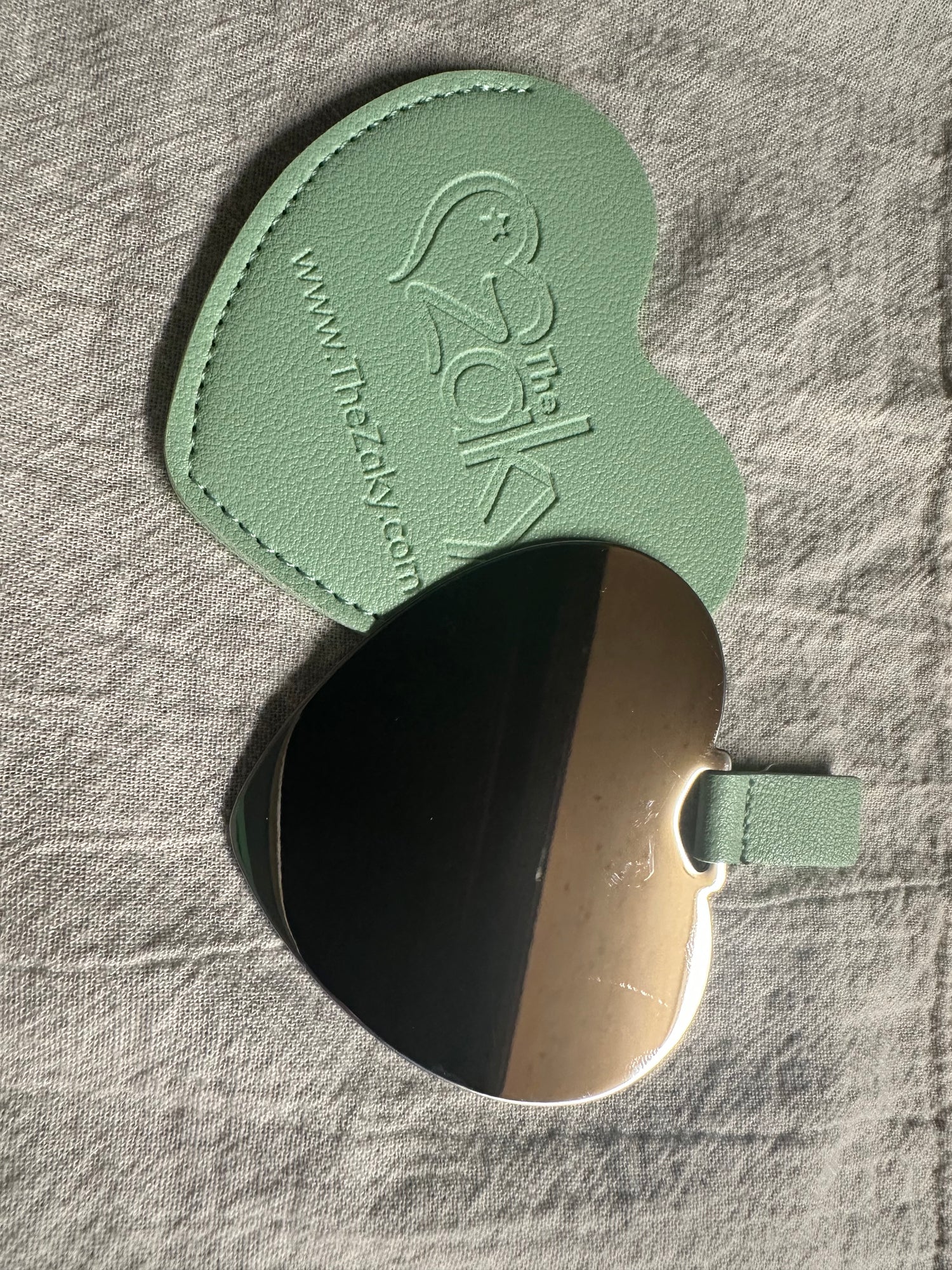
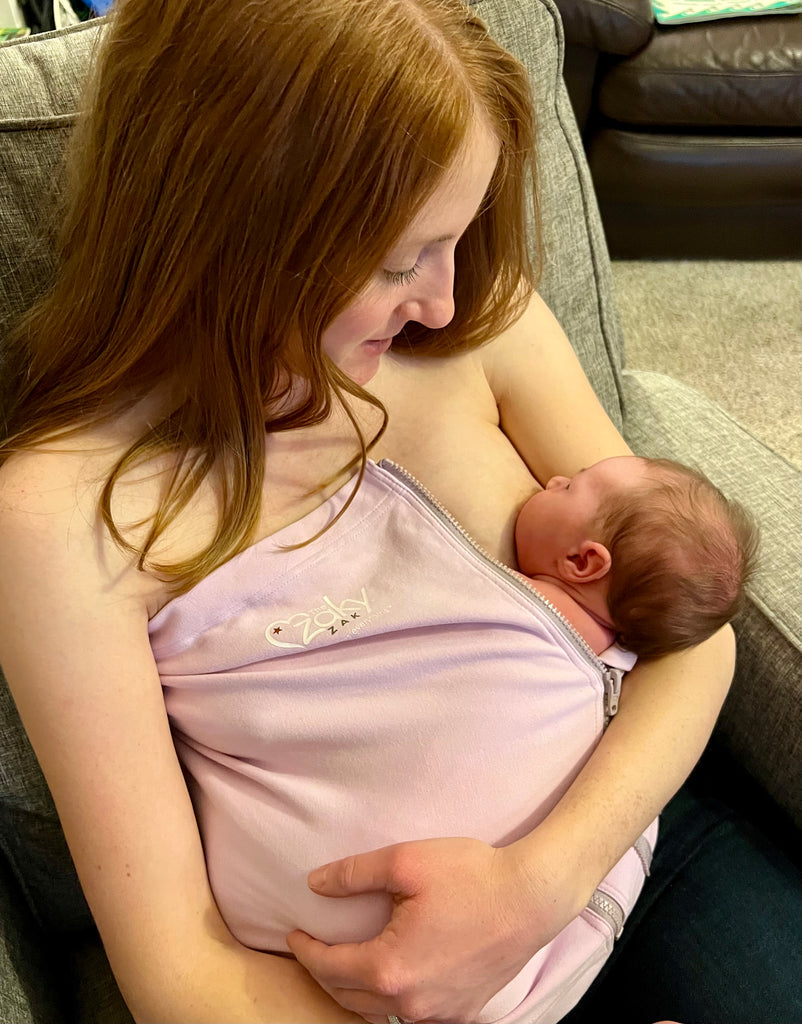
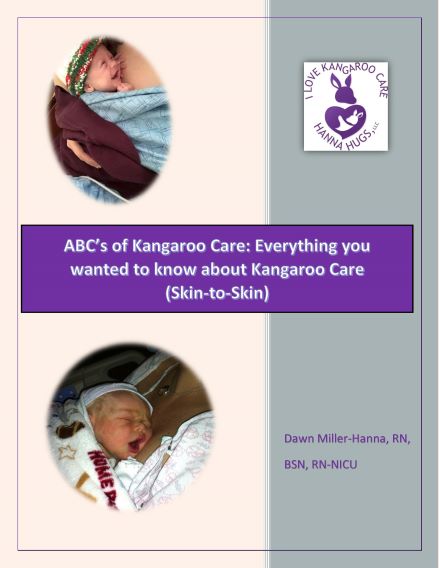
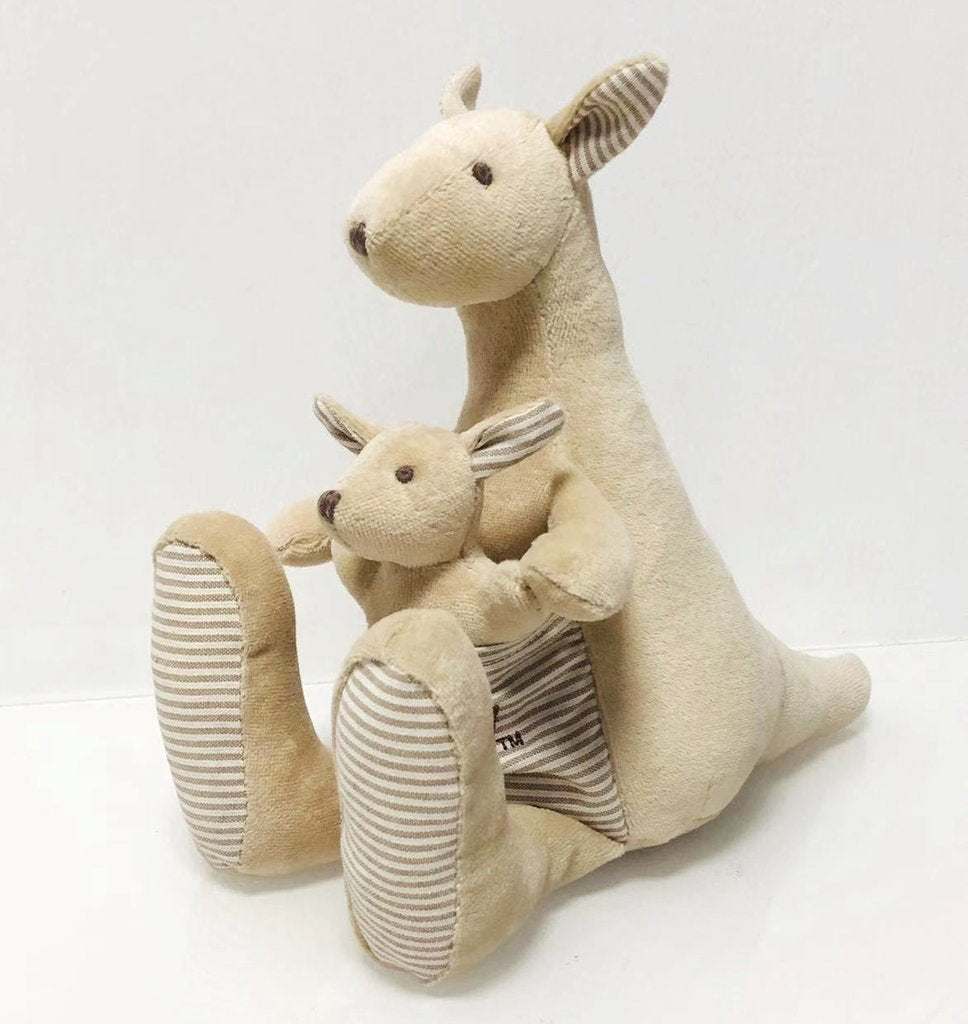
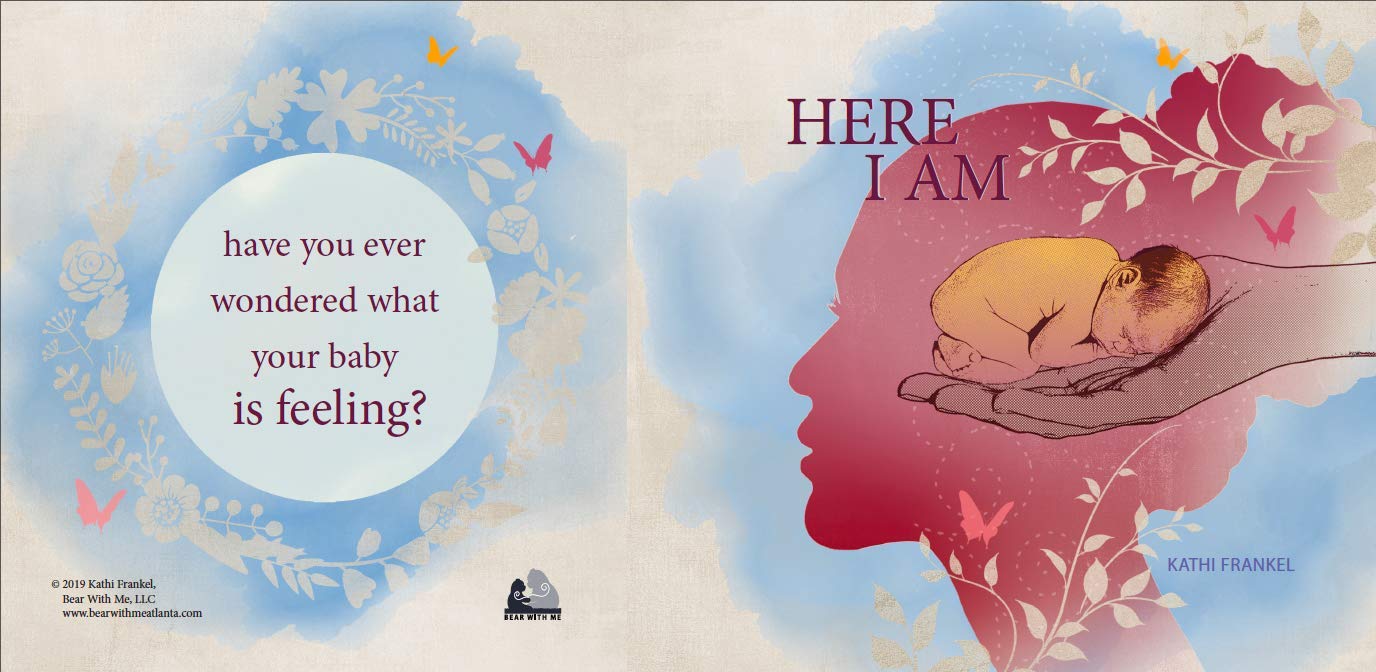


Comments (10)
I’m new to online casino and I’m really struggling because I’m still a beginner when I found you I said to myself Wow online casino is not difficult if you study it thanks to you and I learned a lot. This is what I have done. I hope you visit. Stay kind.
https://8mod.net/
combigan bottle sizecombigan combigan side effects
cyclosporine medication cyclomune 0.1% eye drops
buy avana avanafil india
chroloquine https://chloroquineorigin.com/ is chloroquine a sulfa drug